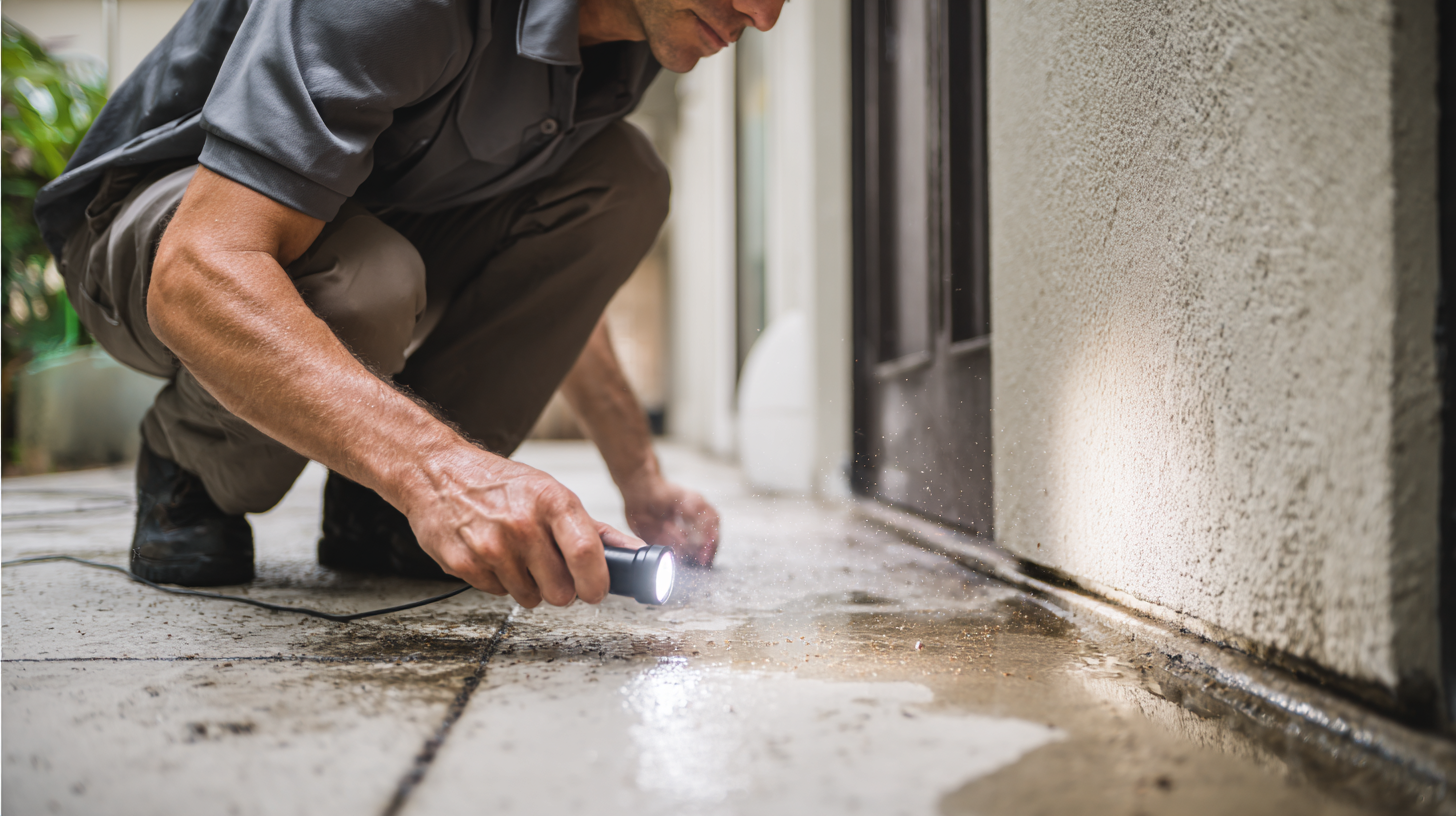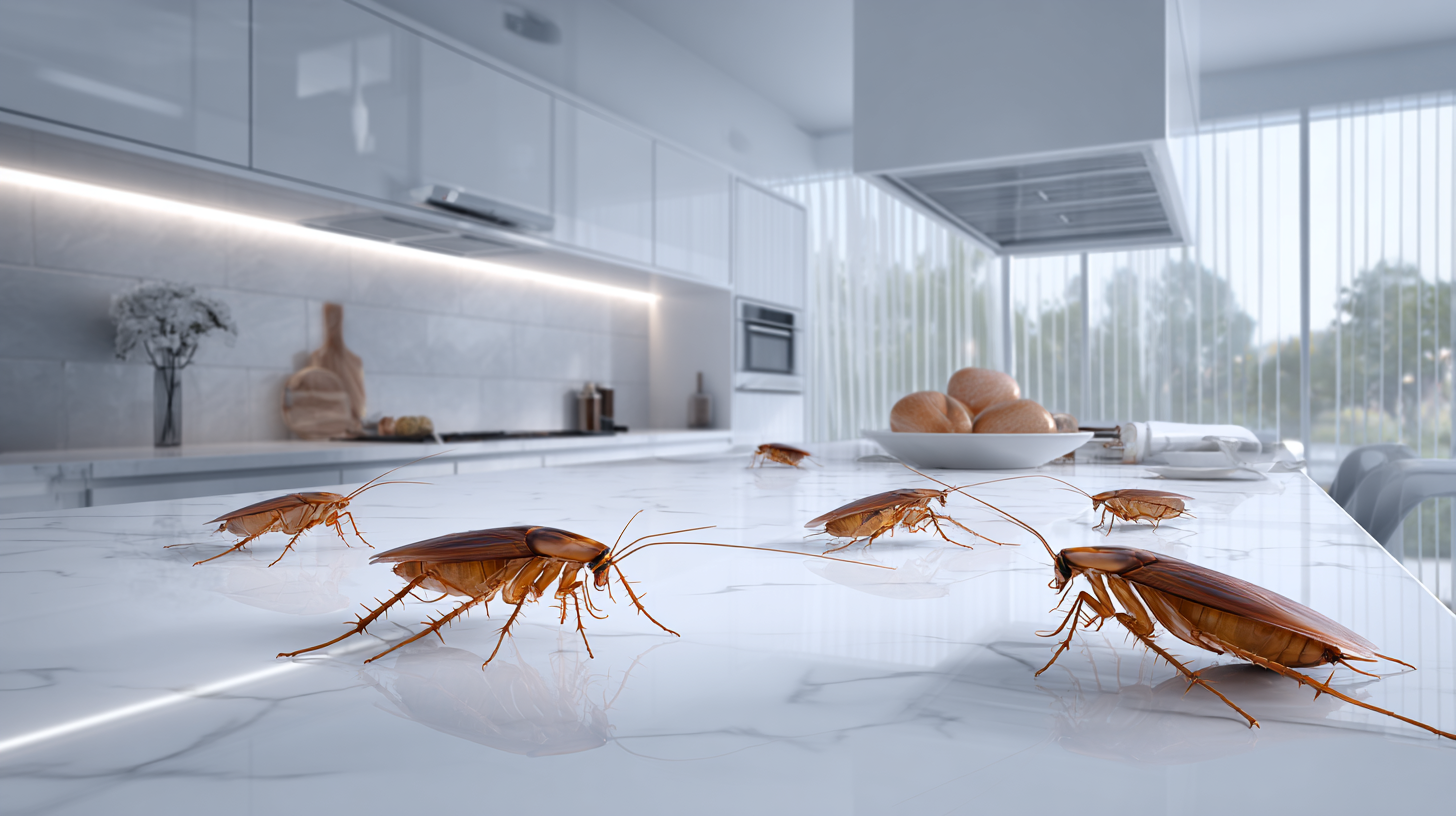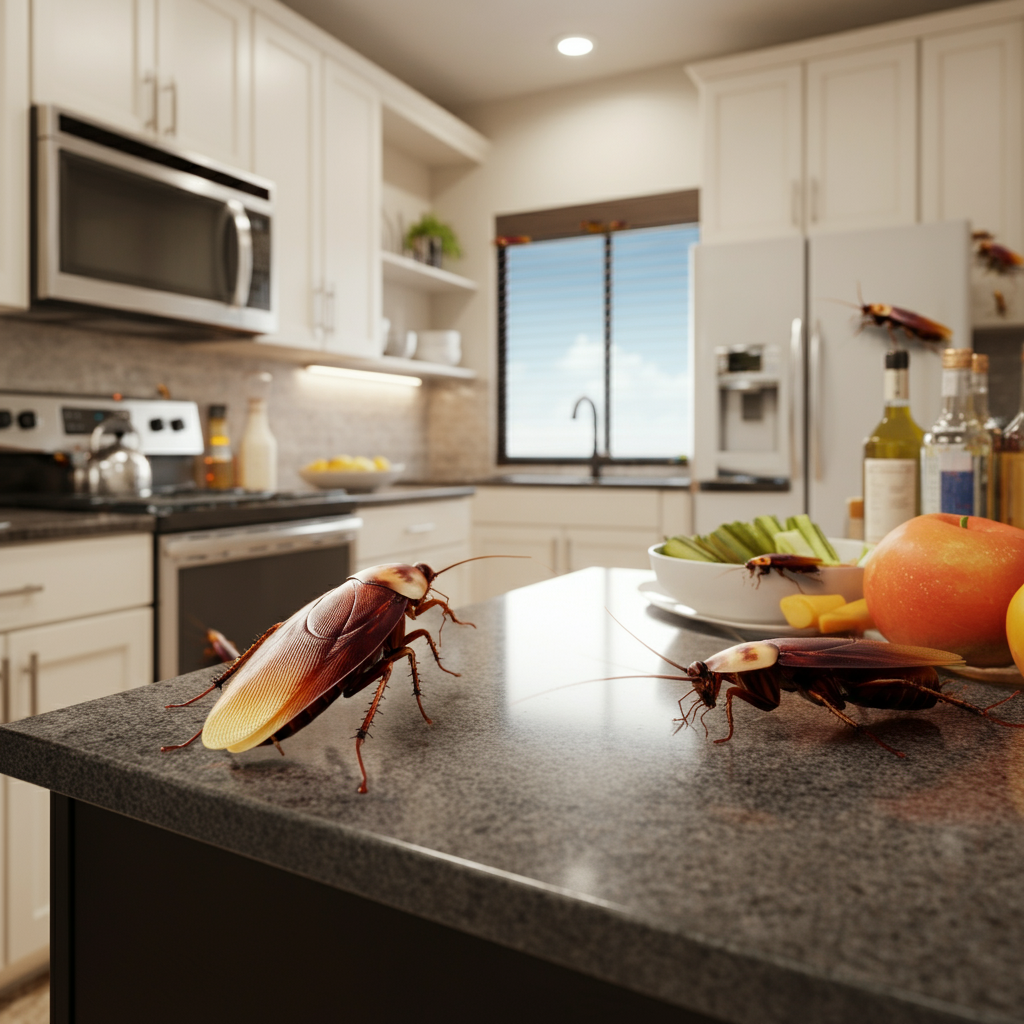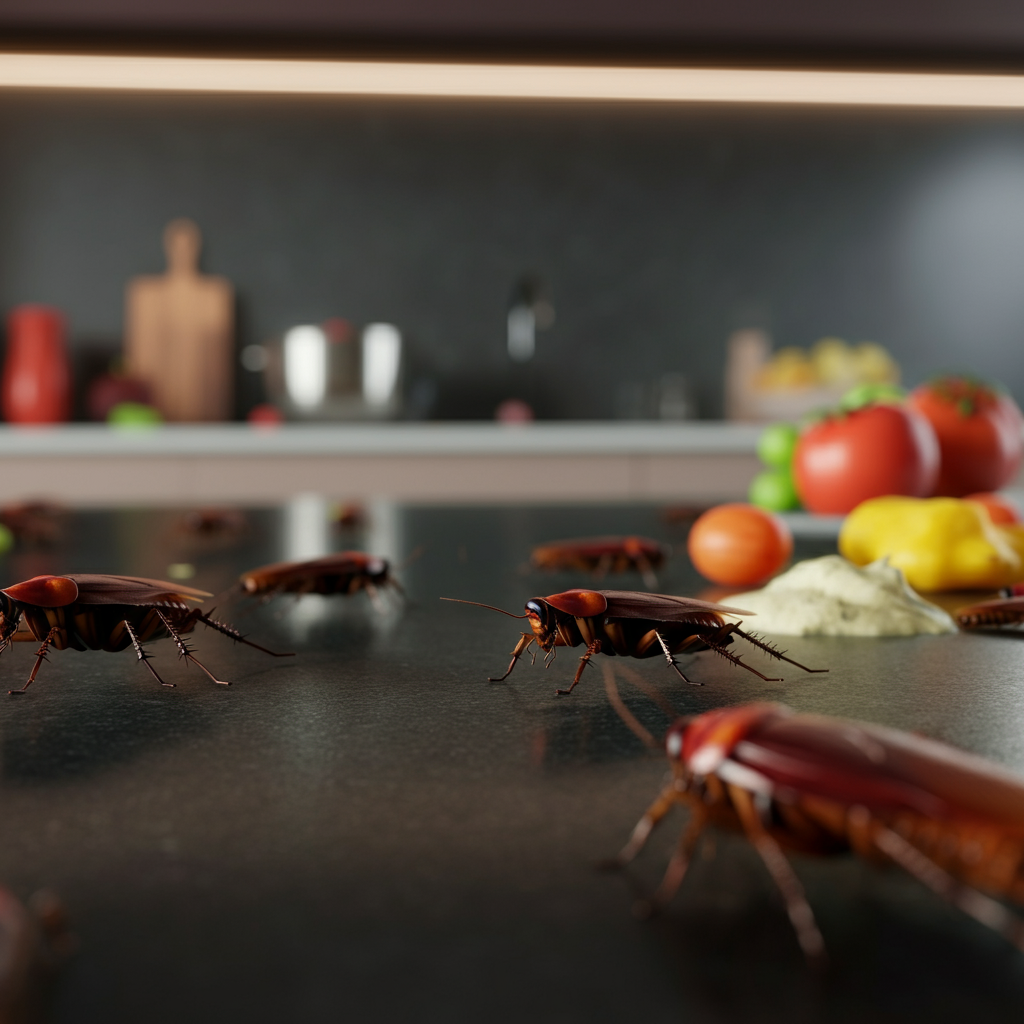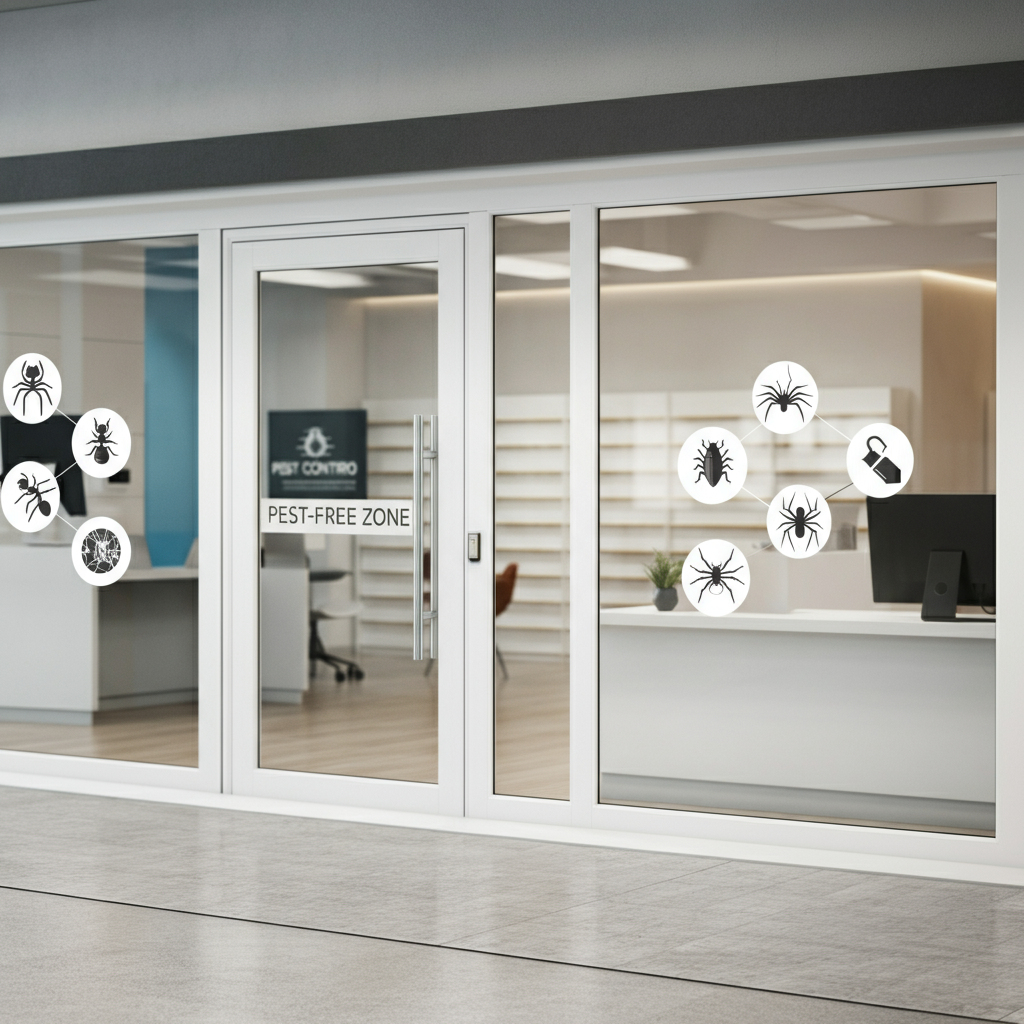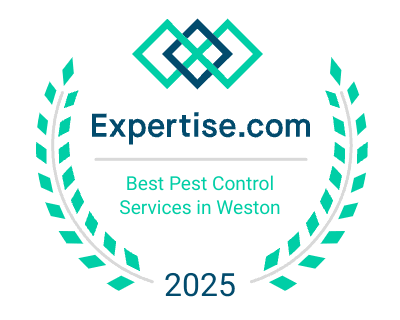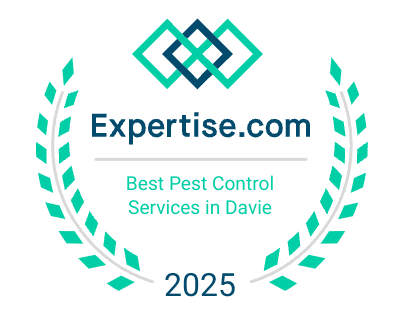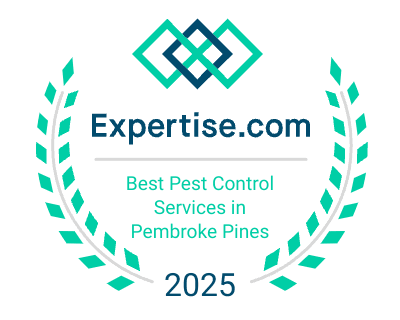6 Dangers Ants Pose to Your Home and Health
Ants, while small, can pose large problems for homeowners and their health. These seemingly harmless insects are not merely a nuisance but potent vectors of disease, structural damage, and unexpected allergic reactions. In this blog post, we will delve into the six serious dangers that ants pose to your home and health, highlighting why immediate action is necessary at the first sign of an infestation.
Ants Can Spread Diseases Through Their Contact with Food and Humans
Ants, especially those that are drawn to your food supplies can potentially spread diseases. These tiny creatures can carry bacteria, such as Salmonella and E. coli, on their bodies, which can contaminate food. This is particularly concerning if the ants have previously traversed unsanitary areas before making their way onto your food or food surfaces.
Moreover, certain species of ants can bite, causing skin irritations, minor infections, or in rare cases, severe allergic reactions. The potential health risks associated with ants underscore the importance of maintaining a clean, ant-free living environment.
They Can Damage Wooden Structures and Electrical Wiring in Your Home
Carpenter ants, as their name suggests, are infamous for their ability to damage wooden structures. They hollow out wood to build their nests, which, over time, can weaken the structural integrity of your home. These ants have a destructive tendency to tunnel into wooden components of buildings and, if not addressed promptly, can lead to costly repairs or even structural failure.
Similarly, ants are known to gnaw through the insulation of electrical wiring, leading to a risk of short circuits and potential home fires. The damage can remain undetected until it's too late, emphasizing the need for regular pest inspections and proactive prevention measures.
Ants Contaminate Food
Ants are notorious for contaminating food supplies, rendering them unsafe for consumption. They are attracted to a wide variety of foods, and once they locate a food source, they leave a pheromone trail for other ants in the colony to follow. This means that a small number of ants can quickly become a large infestation, contaminating food with bacteria and potential allergens.
These pests are particularly fond of sweet or sticky foods, but they will also target other food types. Consuming food contaminated by ants poses a risk of foodborne illnesses, which can range from mild discomfort to severe health conditions. This underscores the importance of storing food in secure, ant-proof containers, and promptly cleaning up food spills and crumbs.
Some Species of Ants Can Sting or Bite, Causing Pain and Potential Infection
While not all ants are aggressive, certain species, such as fire ants and bull ants, are known for their painful stings or bites. These ants will attack when they feel threatened, injecting venom into the skin that causes intense burning or stinging sensations, thus their namesake. In some individuals, the venom can cause severe allergic reactions, including swelling, difficulty breathing, and anaphylaxis, a potentially life-threatening condition.
Some ants can also bite, breaking the skin and creating open wounds that could potentially become infected if not treated properly. As such, it's crucial to take measures to avoid ant stings or bites, particularly if you are allergic, and seek immediate medical attention if you experience a severe reaction.
Ants Can Trigger Allergies, Asthma Attacks, and Other Respiratory Problems
While it may seem surprising, ants can indeed be a trigger for allergies, asthma attacks, and other respiratory problems. Some people are allergic to ant stings or bites, and the reaction can be severe enough to trigger an asthma attack in those who are asthmatic. Even without direct contact, certain species of ants, such as the Pharaoh ant, can produce allergens that become airborne and cause respiratory distress when inhaled.
These allergens can settle on surfaces or be carried through the air, leading to chronic exposure in infested homes. The impact on individuals with pre-existing respiratory conditions or allergies can be substantial, underscoring yet again the importance of maintaining an ant-free living environment.
The Presence of Ants in Your Home Could Indicate Larger Pest Infestations That May Be Difficult to Control
Ants can often be the first sign of a larger pest problem. Their presence in your home might indicate that other pests, like termites or roaches, are also present. Ants are attracted to the same food supplies that these pests use, and in attempting to share these resources, they can lead you to a larger infestation. Moreover, pests often live in symbiotic relationships, so the presence of one type of pest can attract others. This can lead to a vicious cycle of infestation that is difficult to control.
For instance, ants and aphids share a mutualistic relationship where ants protect aphids from predators in return for a sweet substance the aphids secrete. As such, an ant problem could potentially lead to an aphid problem. This complex ecology of pests underscores the need for comprehensive pest control measures and immediate action at the first sign of an infestation.
About Us
Do you need a professional pest control company for your residential or commercial property in Weston, Florida, and nearby areas? Professional Pestguard is here to help! We provide reliable pest control solutions to our clients to help keep their commercial and residential properties safe and free from pest infestation and other unwanted lawn problems.
To inquire about our professional ant control services, call us at (954) 389-6107, send your concerns at 7862826767, or write to info@professionalpestguard.com. To request a free service, please fill out our form to Request Free Quote.





